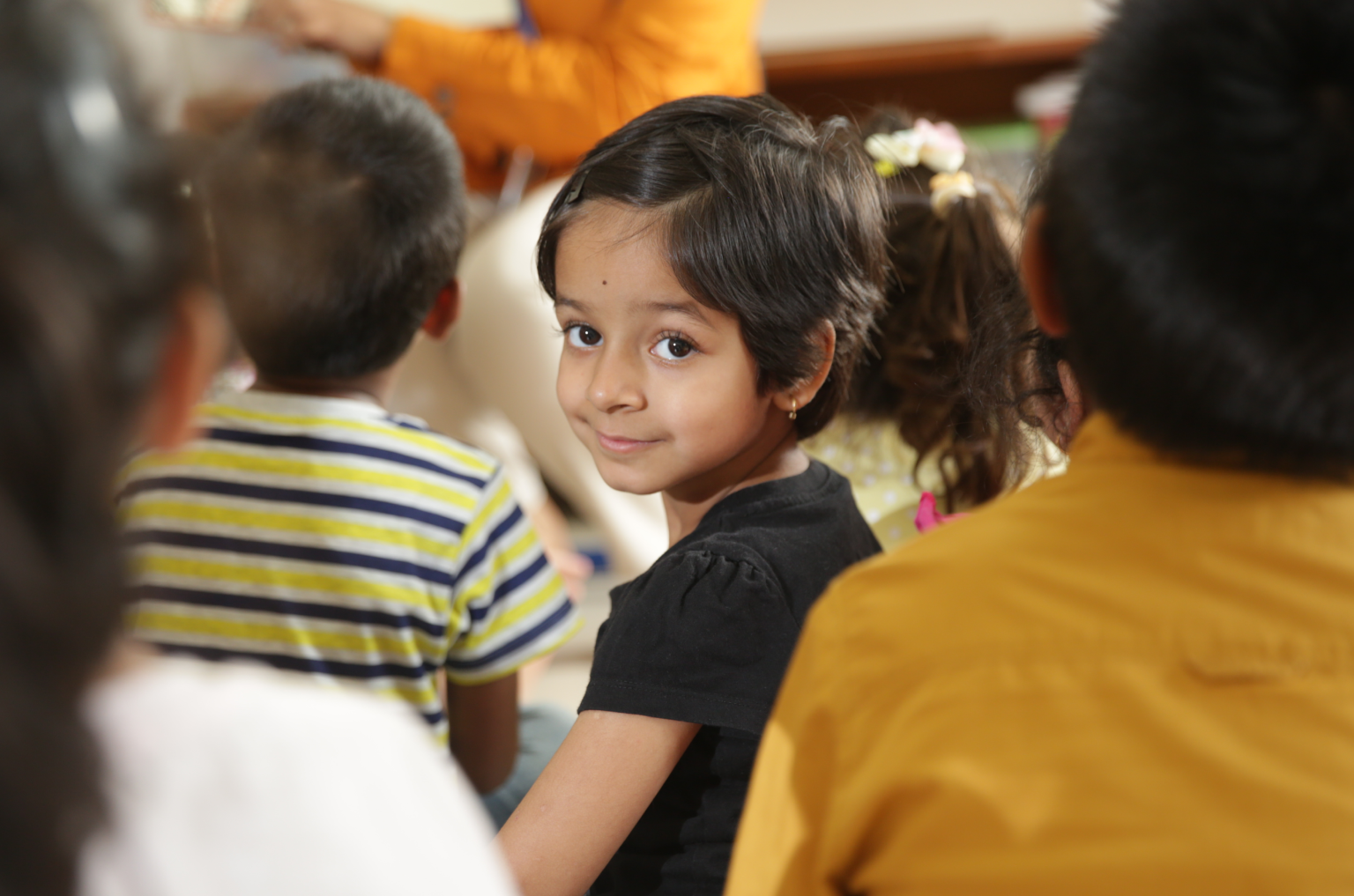Encouraging social skills in preschoolers is a critical part of their development. These skills are not just about making friends but are foundational for building relationships and navigating the world around them.
Table of Contents
ToggleImportance of Social Skills in Preschoolers
Social skills are the capabilities that people need to communicate with others in a productive way. These skills lay the groundwork for future relationships and learning environments for preschoolers.
Why Are Social Skills Crucial?
Social skills are crucial for preschoolers because they help children express themselves, understand others, and develop meaningful connections. Early experiences in social interactions can shape a child’s personality and impact their academic success.
Benefits of Developing Social Skills Early
Developing social skills early provides several benefits. Children who possess strong social skills are more likely to:
- Build friendships and positive relationships.
- Communicate effectively with peers and adults.
- Navigate social situations with confidence.
- Show greater empathy and understanding towards others.
Effective Social Activities for Preschoolers
Engaging in social activities is one of the best ways for preschoolers to develop social skills. These activities can be both fun and educational.
Engaging in Activities to Boost Social Skills
- Group Games: Activities like Simon Says, Duck Duck Goose, or Freeze Dance encourage children to follow directions and cooperate with others.
- Arts and Crafts: Collaborative projects like mural painting or group crafts foster teamwork and communication.
- Storytime Discussions: After reading a story, ask open-ended questions to promote discussion and sharing of ideas among the children.
Fun Ways to Promote Social Interaction
- Role-Playing: Set up scenarios where children can practice social interactions, such as pretending to order food at a restaurant or playing family roles. This helps them understand different perspectives and responses.
- Playdates: Organizing playdates with peers can encourage children to practice their social skills in a comfortable environment.
- Community Events: Preschoolers can enhance their social experiences by interacting with a wider community and participating in local events like fairs or festivals.
Supporting Socio-Emotional Skills
Supporting socio-emotional skills is essential in fostering social skills in preschoolers. Emotional understanding is closely tied to how children interact with others.
Enhancing Emotional Intelligence
Emotional intelligence involves recognizing and managing one’s emotions and understanding the emotions of others. Encouraging children to express their feelings helps build this crucial skill.
- Feelings Chart: Create a feelings chart where children can point out or express their feelings throughout the day.
- Discussion of Emotions: During storytime, discuss how characters might feel and why, encouraging empathy and emotional understanding.
Building Empathy and Understanding
Empathy is the ability to understand and share the feelings of others. This skill is vital for preschoolers as they learn to navigate friendships and social dynamics.
- Sharing and Turn-Taking Games: Activities that require sharing and taking turns, such as board games or group puzzles, teach children to consider others’ feelings and needs.
- Modeling Empathy: Adults can model empathetic behavior by acknowledging children’s feelings and responding appropriately to others’ emotions.
Tips for Parents and Educators
Supporting social skills development requires collaboration between parents and educators. Here are some tips to encourage social skills at home and in the classroom.
Encouraging Social Skills at Home
- Role-Model Positive Behavior: Parents should model appropriate social interactions and communication, demonstrating kindness, sharing, and respect.
- Encourage Open Communication: Create a safe space for children to express their thoughts and feelings, reinforcing that their voices are heard.
- Praise Social Interactions: Acknowledge and praise when children demonstrate good social skills, such as sharing or cooperating with others.
Creating a Supportive Social Environment
- Foster Friendships: Help children establish friendships by arranging playdates or inviting peers to participate in family activities.
- Structured Social Activities: To promote social interactions, incorporate structured social activities into daily routines, such as group games or family discussions.
- Encourage Teamwork: Assign tasks that require collaboration, allowing children to learn how to work together toward a common goal.
Conclusion
Encouraging social skills for students is essential for their overall development and future success. By fostering a supportive environment, engaging in effective social activities, and enhancing socio-emotional skills, parents and educators can help children develop the skills necessary for meaningful relationships and positive interactions. At Inventure Preschool, we prioritize the development of social skills through structured play and emotional intelligence activities, ensuring that each child grows into a confident and empathetic individual. Through these efforts, we can nurture children who are ready to navigate the complexities of social life.
FAQ
Why are social skills important for preschoolers?
Social skills are important for preschoolers as they enable children to express themselves, build friendships, and interact effectively with others, laying the groundwork for future relationships and learning experiences.
What are some effective activities to develop social skills in preschoolers?
Effective activities include group games, role-playing scenarios, collaborative arts and crafts, and storytime discussions that promote sharing and cooperation.
How can role-playing help preschoolers improve social skills?
Role-playing allows preschoolers to practice social interactions safely, helping them understand different perspectives and responses and enhancing their communication skills.
How can educators encourage social skills in a classroom setting?
Educators can encourage social skills through structured group activities, promote teamwork, facilitate discussions, and model positive social interactions.
What are some common social skills that preschoolers should develop?
Common social skills include sharing, turn-taking, listening, expressing emotions, and communicating effectively with peers and adults.
How can parents support the development of social skills at home?
Parents can support social skills development by modeling positive behavior, encouraging open communication, praising good social interactions, and fostering friendships through playdates and collaborative activities.



